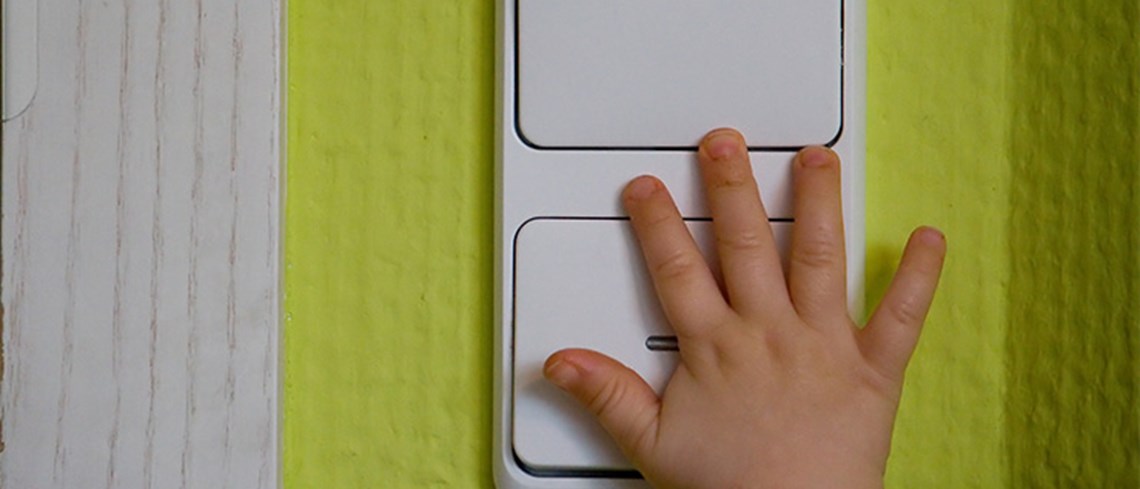Home hygiene hotspots
A healthy home is a happy home with good home hygiene at its heart. That means cleaning and disinfecting your home to ensure you and your family avoid several infectious diseases.
Some bacteria can survive on surfaces for up to 24 hours. If these are on surfaces that you frequently come in contact with, they can cause a serious threat to you and your loved one’s health.
Therefore, it is important to remain aware of home hygiene hotspots to protect you and your family from diseases such as typhoid, diarrhea, food poisoning, etc.
Why good home hygiene is important?
Good home hygiene involves regular deep cleaning of your house. But, first, let’s look at why home health and hygiene are important.
- Home hygiene helps prevent the spread of germs and infections. In addition, be mindful of these food hygiene rules to live by when you cook and clean in the kitchen to reduce the risk of contracting foodborne illnesses.
- Regular cleaning of the house allows you to create a more comfortable, fresh, and pleasant environment around the house.
Dust mites, insects, and rodents enjoy moldy and dusty home areas where they can easily hide. Adopting daily cleaning habits allows you to spot and deal with these pests before they cause an infestation.
Kitchen
While you may think you know how to clean a kitchen, if not careful, you can easily miss out on the most crucial kitchen hygiene and hotspots, including:
- Kitchen sink and taps
- Cleaning cloths and sponges
- Worktop and cutting boards
- Hand contact surfaces (kitchen, cupboard, and fridge door handles, knobs and switches)
- Surfaces touched by pets or animals
- Food and general waste bin
- Fridge interior
You must regularly clean and disinfect hard and soft surfaces such as sinks, taps, worktops, cutting boards, and hand contact surfaces with antibacterial multiuse wipes and disinfectant kitchen power cleaner spray.
In addition, don’t forget to regularly wash the kitchen’s cleaning cloths and sponges with antiseptic liquid, and keep replacing them regularly.
Bathroom
Even though you probably pay the most attention to your bathroom while cleaning the grimiest places in your home, there’s a chance you might forget about these critical bathroom hygiene hotspots, including:
- Toilet seat
- Flush handle
- Sink, shower, and bathroom taps
- Damp corners
- Shower curtain
- Personal hygiene items (toothbrush, toothpaste, nail clippers, etc.)
Wash your bathroom floor with an antibacterial floor cleaner and let it dry properly, as damp/wet floors are ideal breeding grounds for germs and bacteria.
Clean and disinfect frequently touched bathroom surfaces with antiseptic wipes and spray bathroom power cleaner trigger spray for effective bathroom hygiene.
No one likes to share their bathroom with mold and mildew. It’s unsightly, but more importantly, it can cause allergic reactions and poor health. Here’s how you can control mold and mildew in your bathroom and the whole house.
Living room and bedroom
The living room and bedroom are the two places you spend most of your time. So, it's only natural you should be extra vigilant when cleaning these places.
You must be fully aware of these bedroom and living room’s cleaning do’s and don’ts because it will help keep dirt, dust, germs, bacteria, and indoor allergies away from your living room and bedroom.
Make sure you clean and disinfect all the hotspots, including:
- TV remote control
- Telephone handset
- Light switches
- Cushions, pillows, and seat covers
- Wood and ornate furniture
- Lampshades, paintings, and hanging decorations
Regularly vacuum to remove dust, dirt, pet dander, dust mites, and other debris from cushions, pillows, seat covers, carpets, and soft furnishings.
Use multipurpose wipes to clean and disinfect the furniture and other hard surfaces in the living room and bedroom. In addition, use washable cushions, pillows, and seat covers and wash them with detergent and antiseptic liquid.
A sprinkle of neutra air reviving spring blossom fresher will eliminate the irritating bacterial odour in your living room or bedroom and leave the air and your home smelling pure and clean.
FAQs
What are the benefits of cleaning the areas that accumulate clutter?
Benefits of cleaning areas that accumulate clutter include:
- Supports a healthy lifestyle
- Increase your productivity
- Lowers your risk of injury
- Helps in reducing stress
- Boosts immunity
How often should I wash my bed linens and towels?
To protect your personal and home hygiene, wash your bed sheets at least once weekly. Wash them more regularly if you allow pets into your bedroom or suffer from allergies or asthma.
Why home hygiene is important?
Home hygiene is important because it keeps you healthy by preventing the spread of germs and infections. By cleaning the high-traffic areas regularly, you will be stopping them from becoming the breeding ground for various microorganisms.
